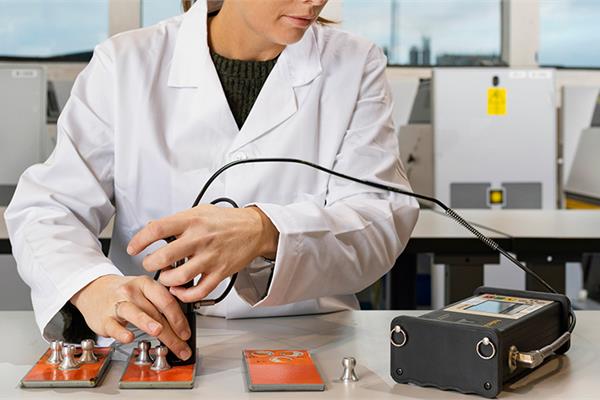
Norner has been granted ISO/IEC 17025 accreditation for its protective coating testing. This is the most important quality standard for test laboratories internationally.
Norner has developed a leading position in third party test services for protective coatings and invested in modern laboratory test facilities. We see an increasing need for accredited test services for coatings, but few laboratories have achieved this level of quality to date.
An ISO/IEC 17025 accreditation proves that Norner's lab is technically leading in quality management and competence. The test methods are according to the latest version of international standards. The equipment and instruments are regularly checked by accredited and independent third-party inspections, which provide an accurate traceability throughout the complete testing. Accredited test reports will give the clients products with a good credibility and therefore a higher competitiveness. Accredited reports are also in many situations mandatory as some will not accept results from a lab that is not accredited.
"We continuously develop our laboratory services through investments and quality management to satisfy our demanding customers. It is very rewarding for us to achieve this ISO/IEC 17025 accreditation and it confirms that our focus is right.", says Henning Baann, Business Director in Norner.
According to The Joint ISO-ILAC-IAF Communique - General Requirements for the competence of testing and calibration laboratories, "A laboratory's fulfilment of the requirements of ISO/IEC 17025 means the laboratory meets both the technical competence requirements and management system requirements that are necessary for it to consistently deliver technically valid test results and calibrations." To achieve ISO 17025 accreditation, the laboratory's quality management system and technical competence is approved and regularly evaluated by a third-party.
Norner offers both 3rd party testing and pre-qualification testing of protective coating within different applications. The company's wide range of methods cover cathodic disbonding, corrosion, immersion and UV testing as well as climate exposure procedures and various physical properties.